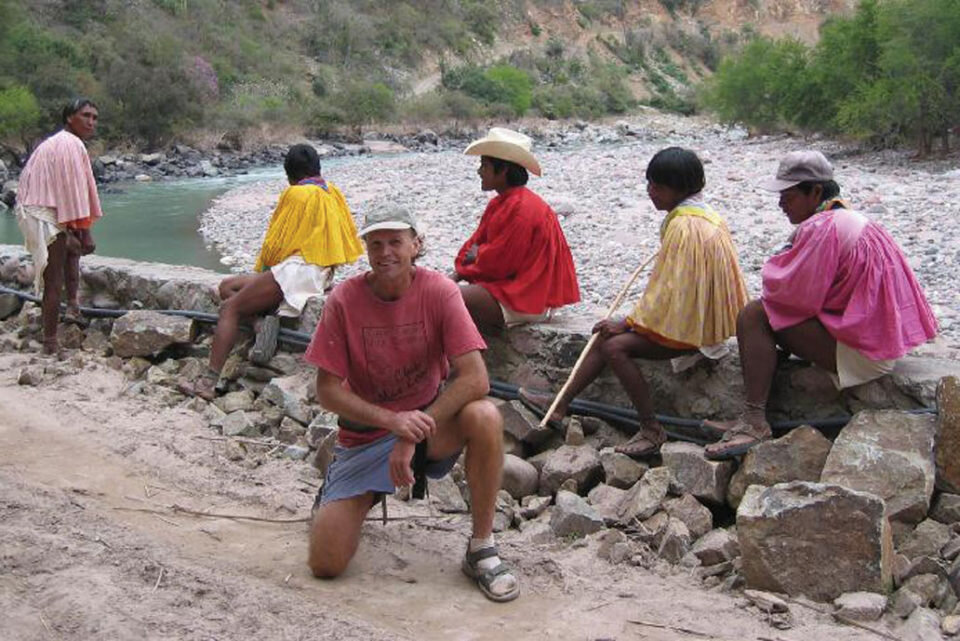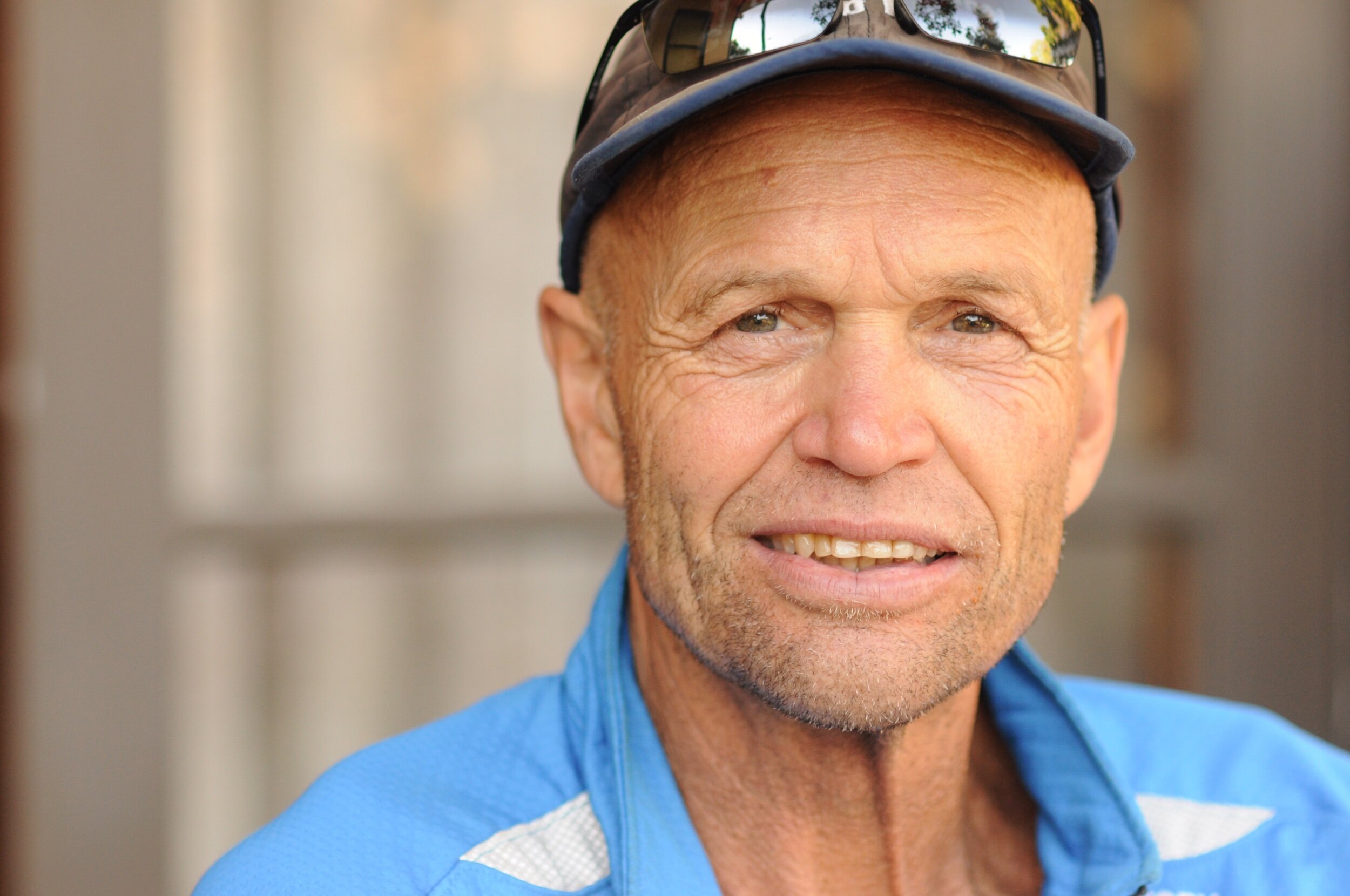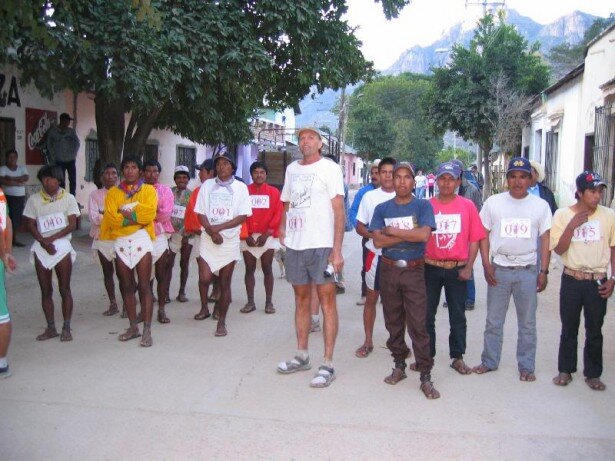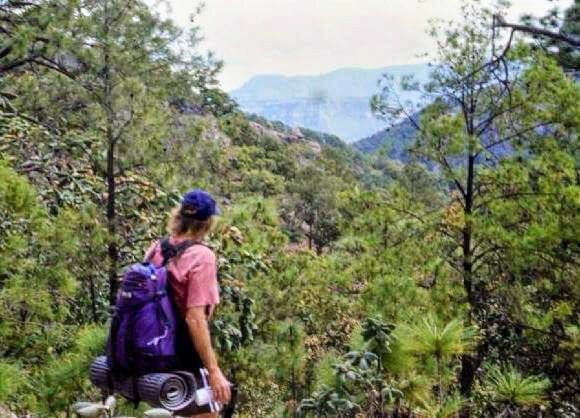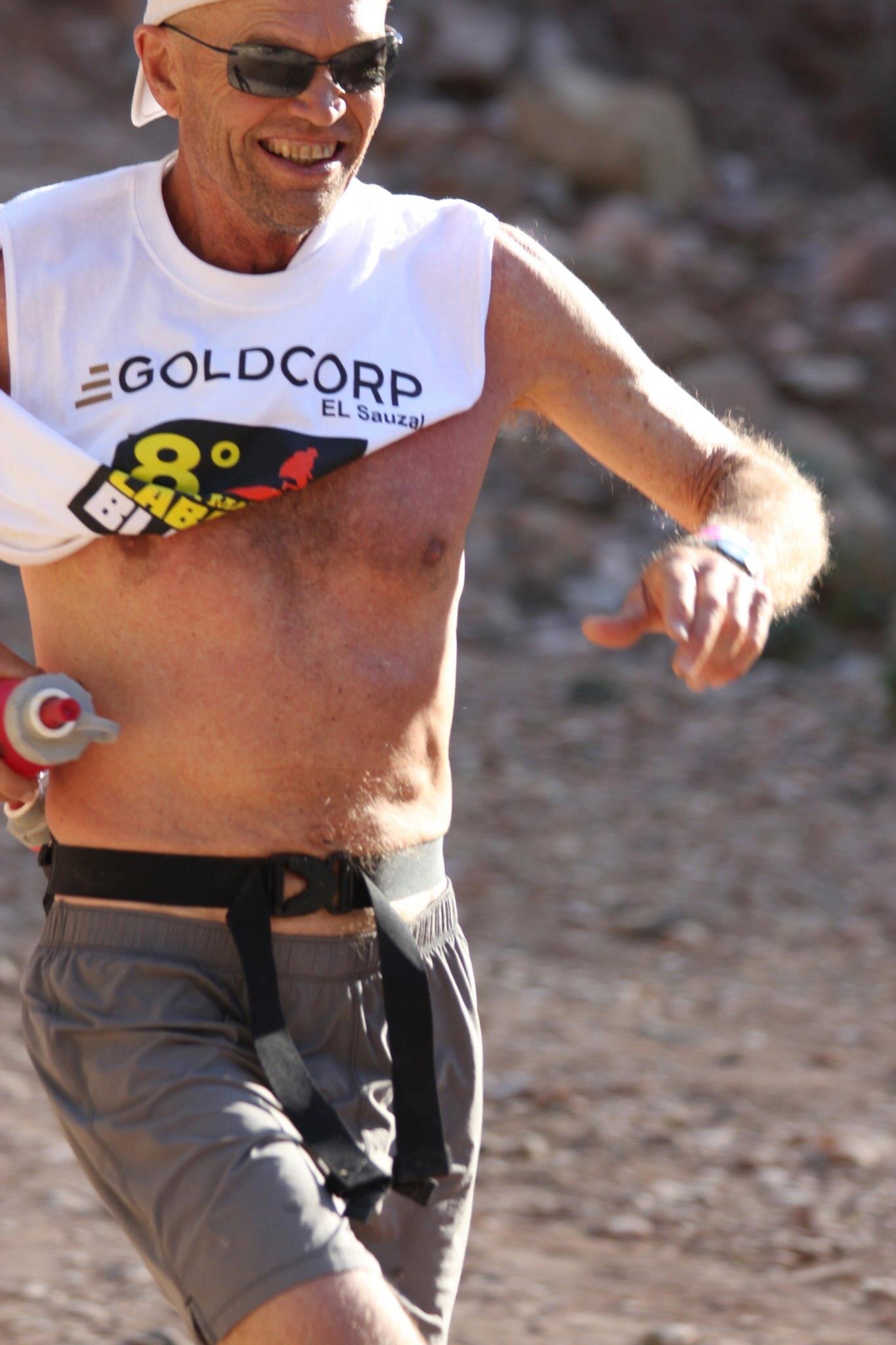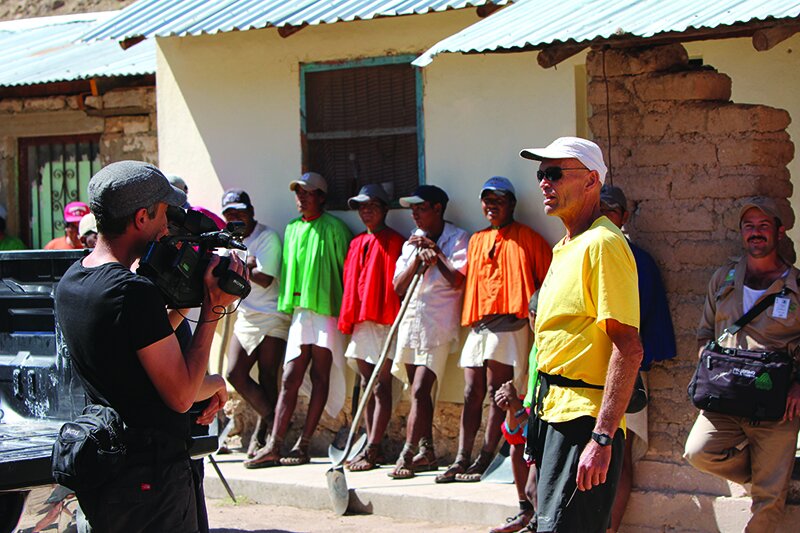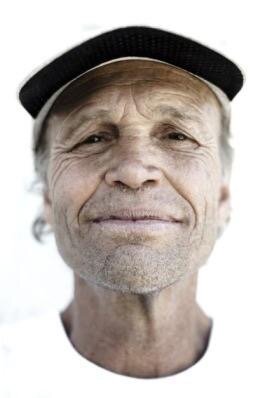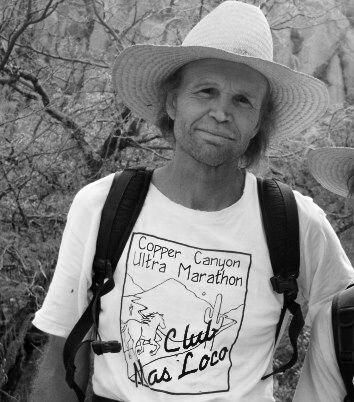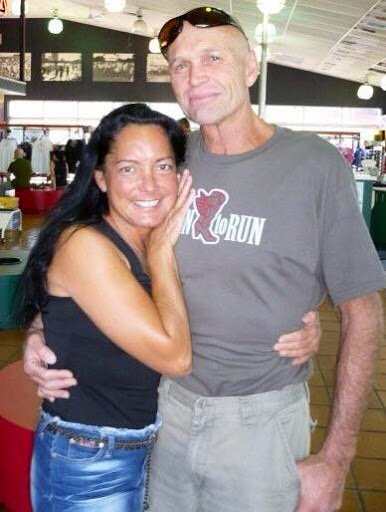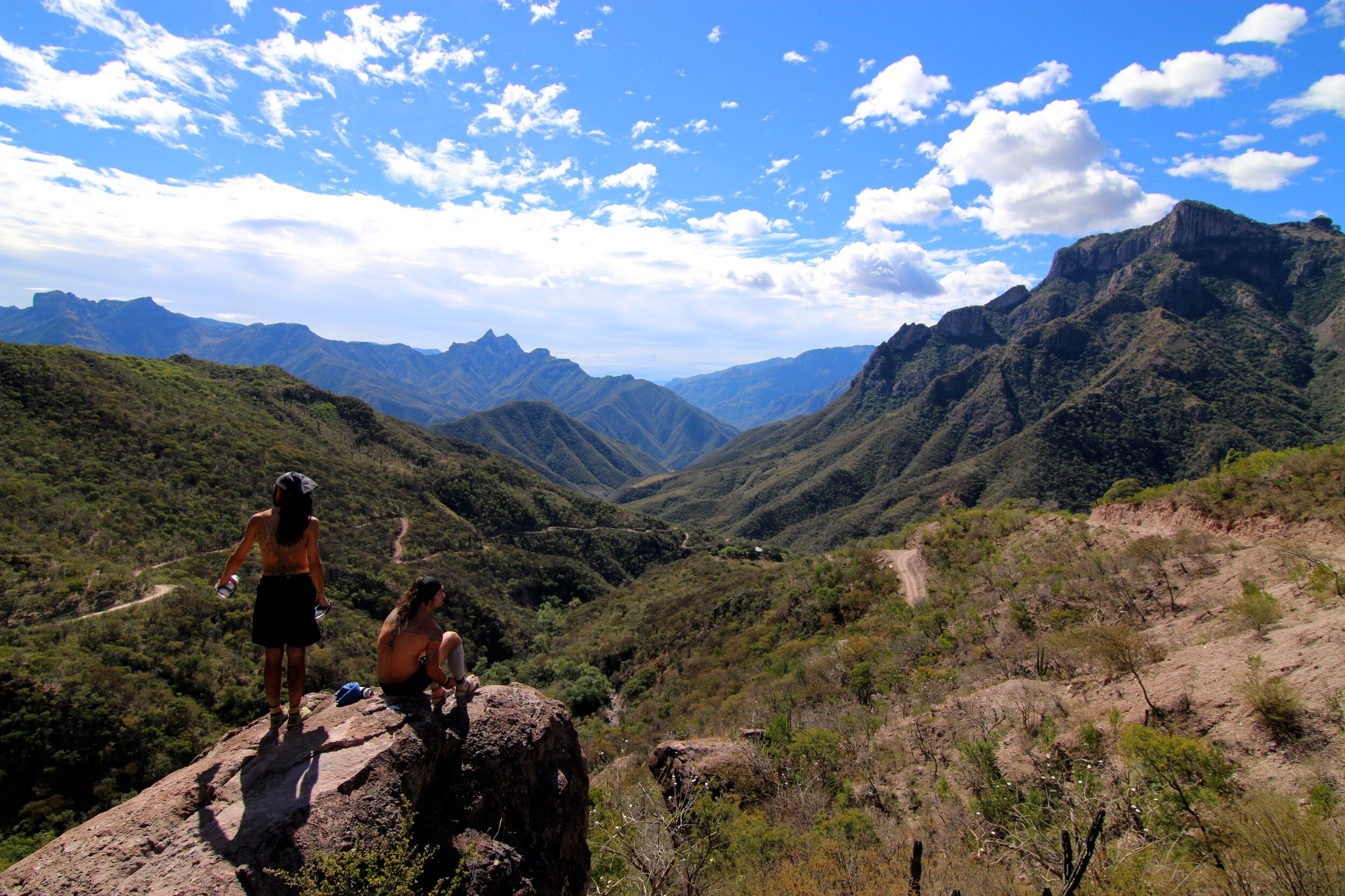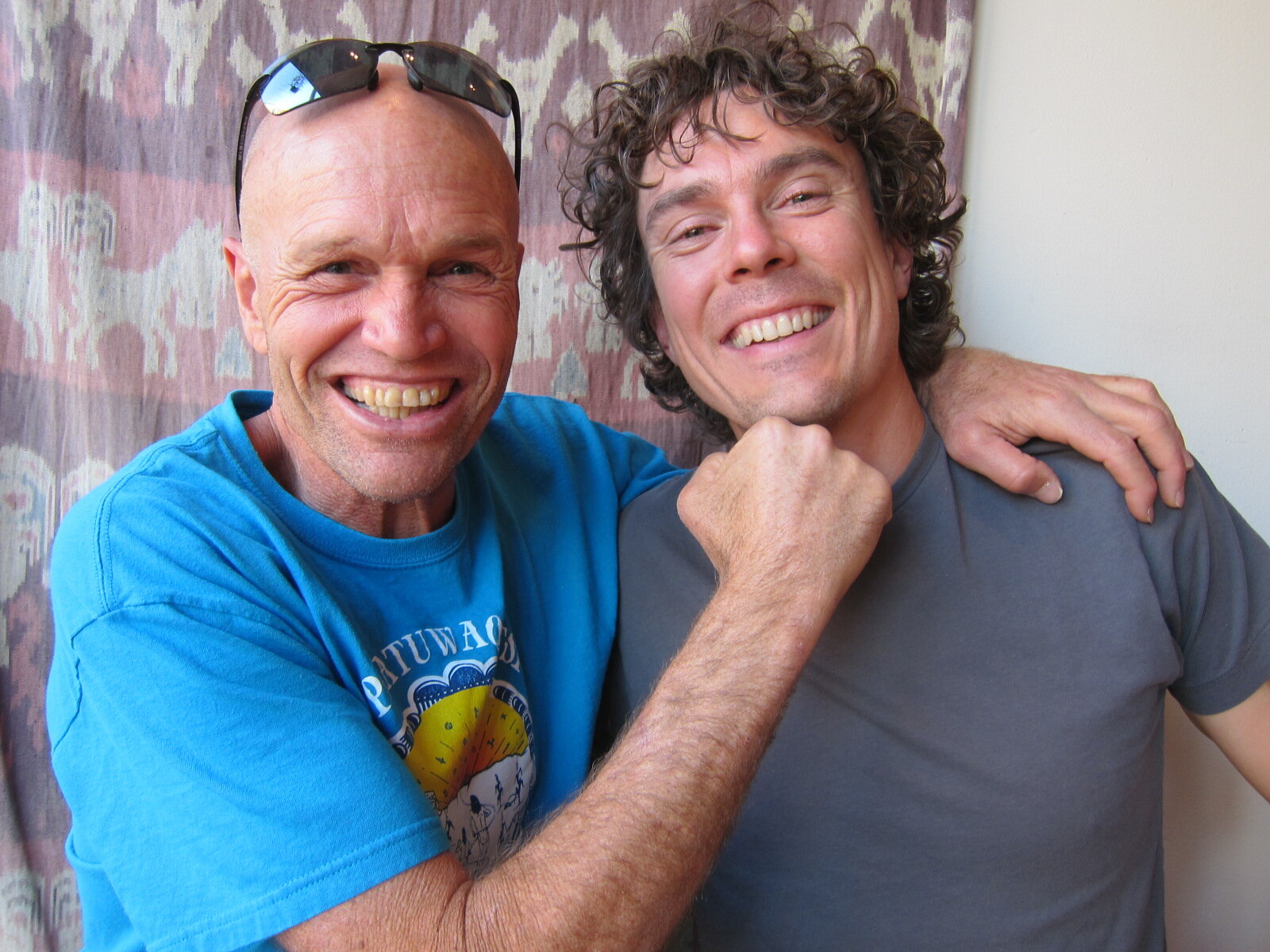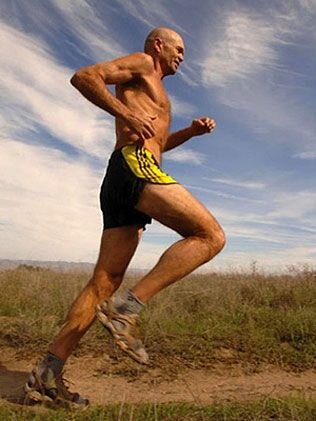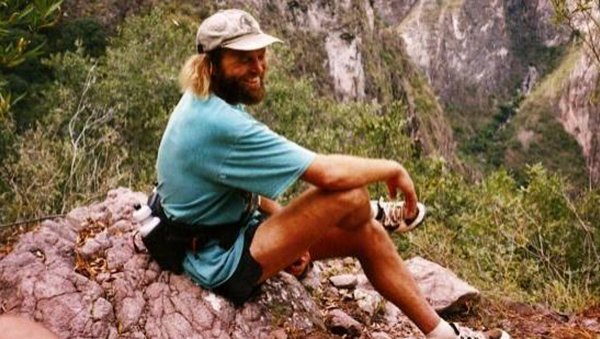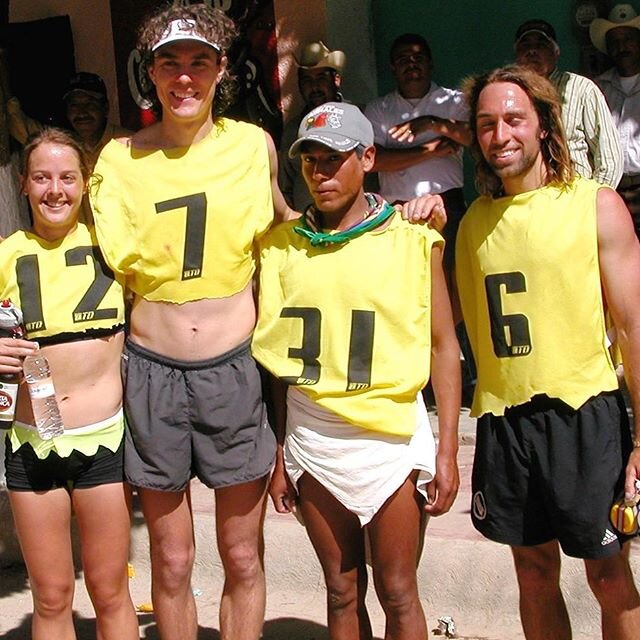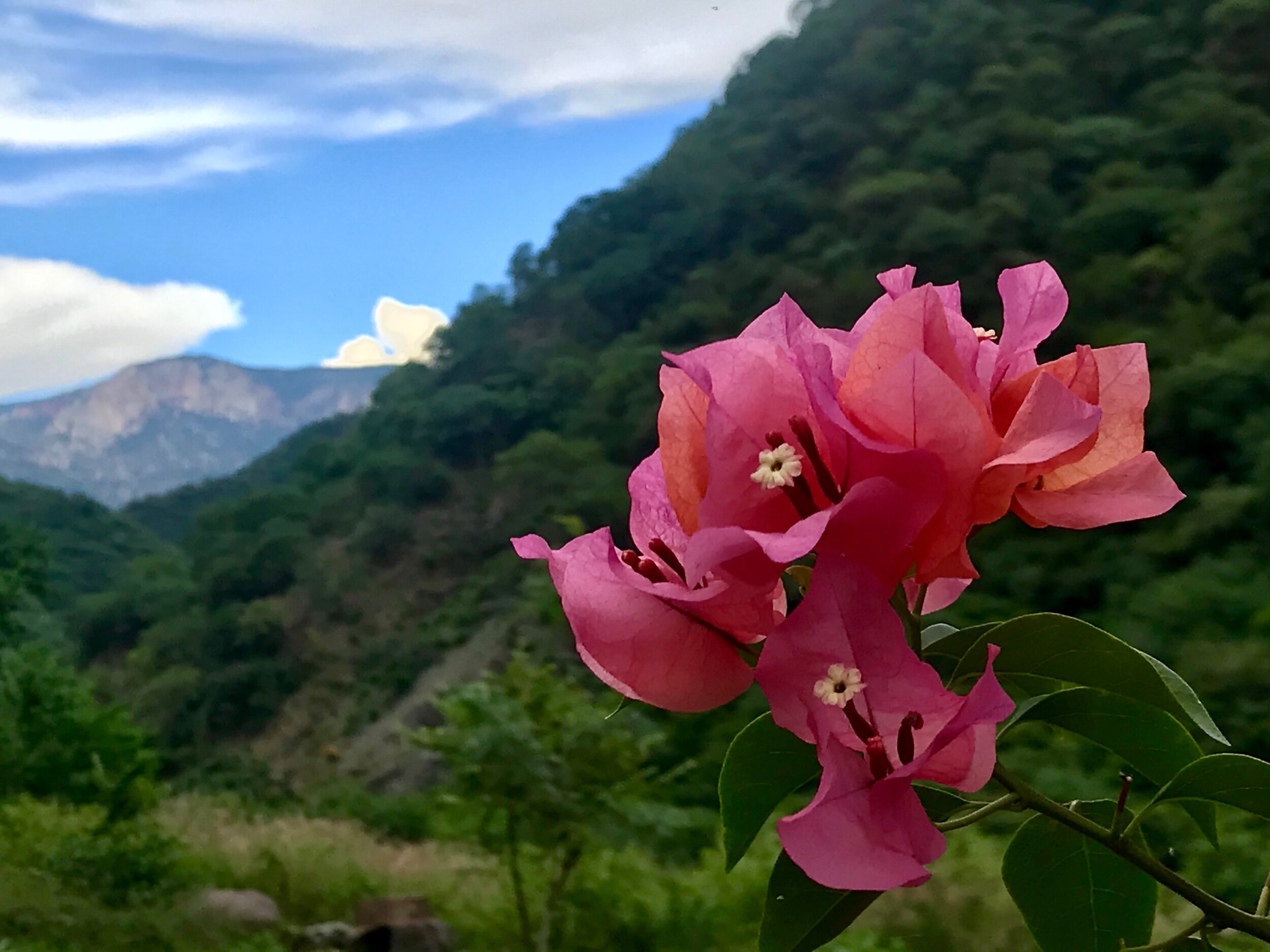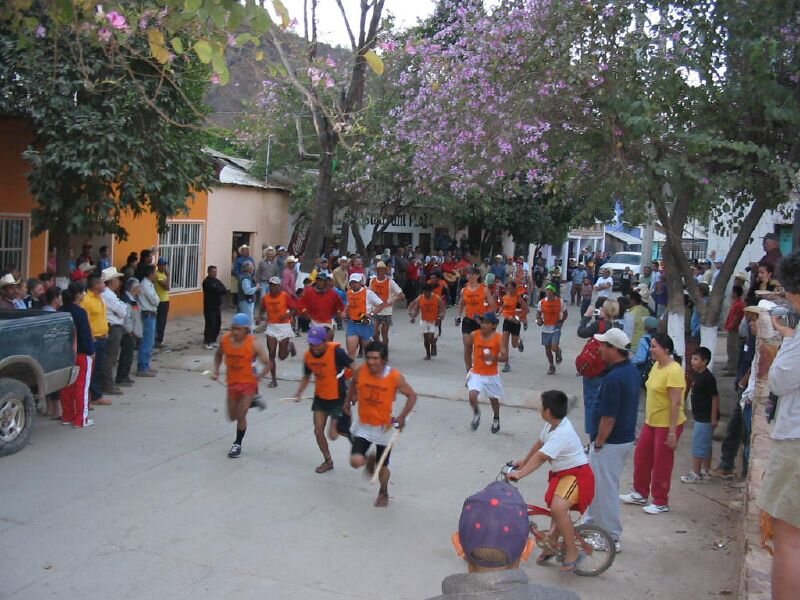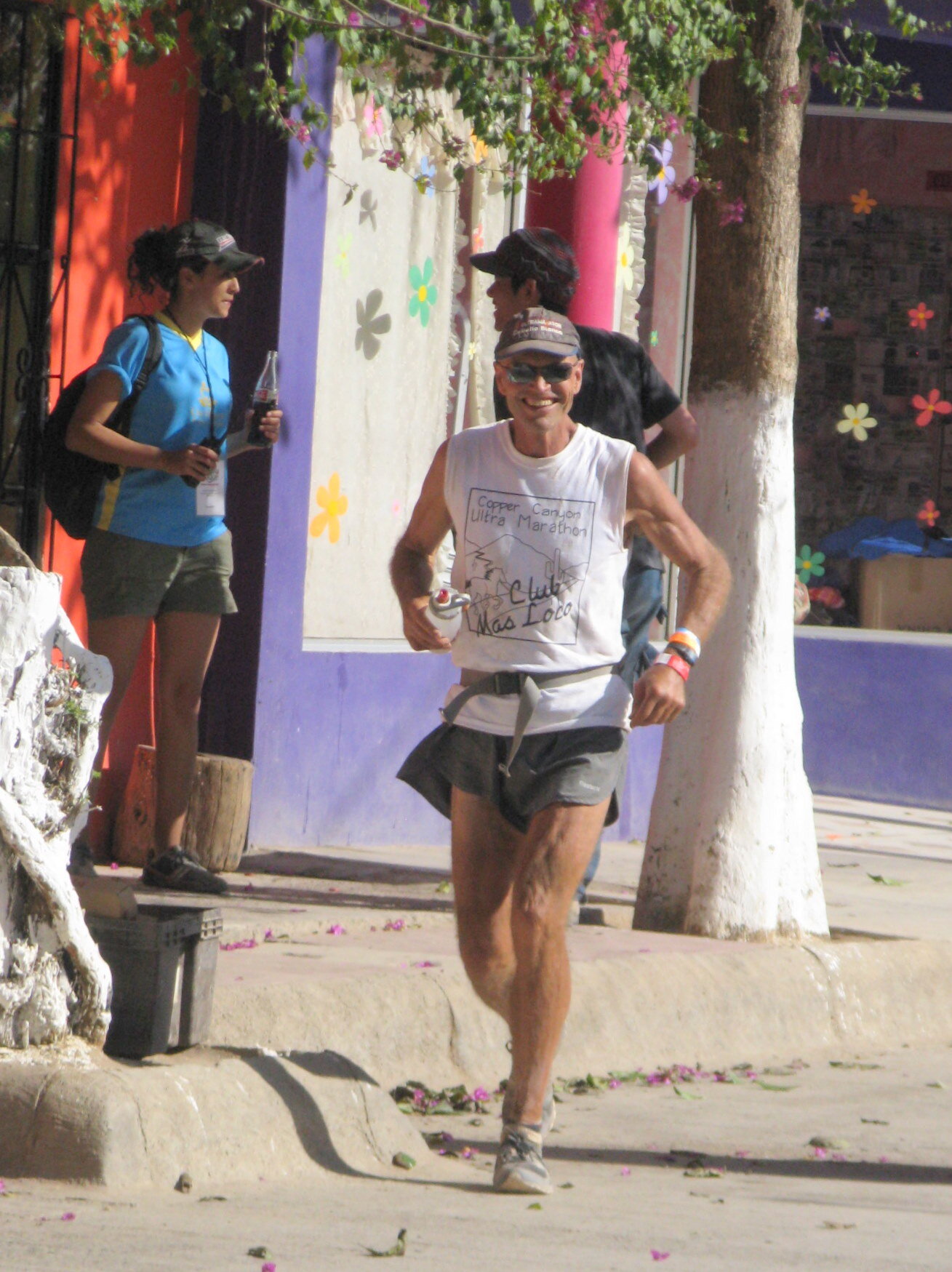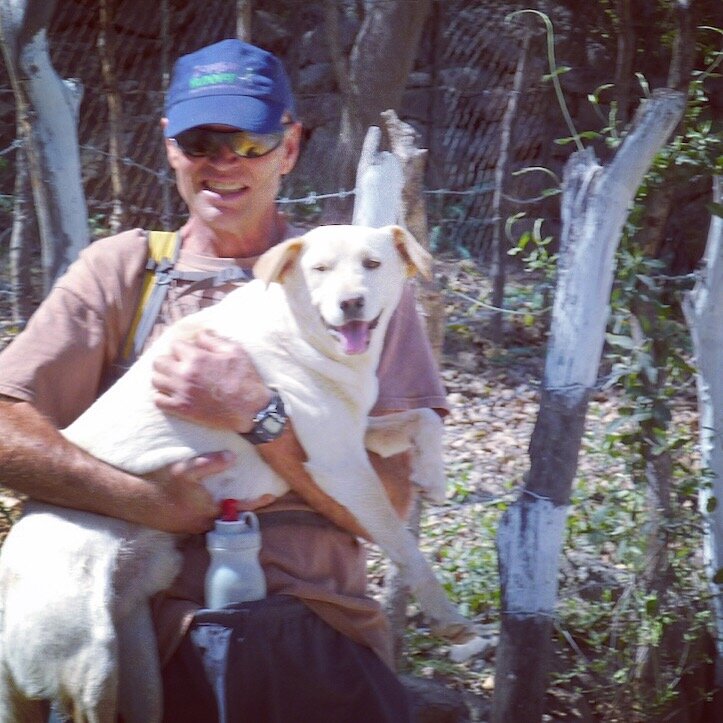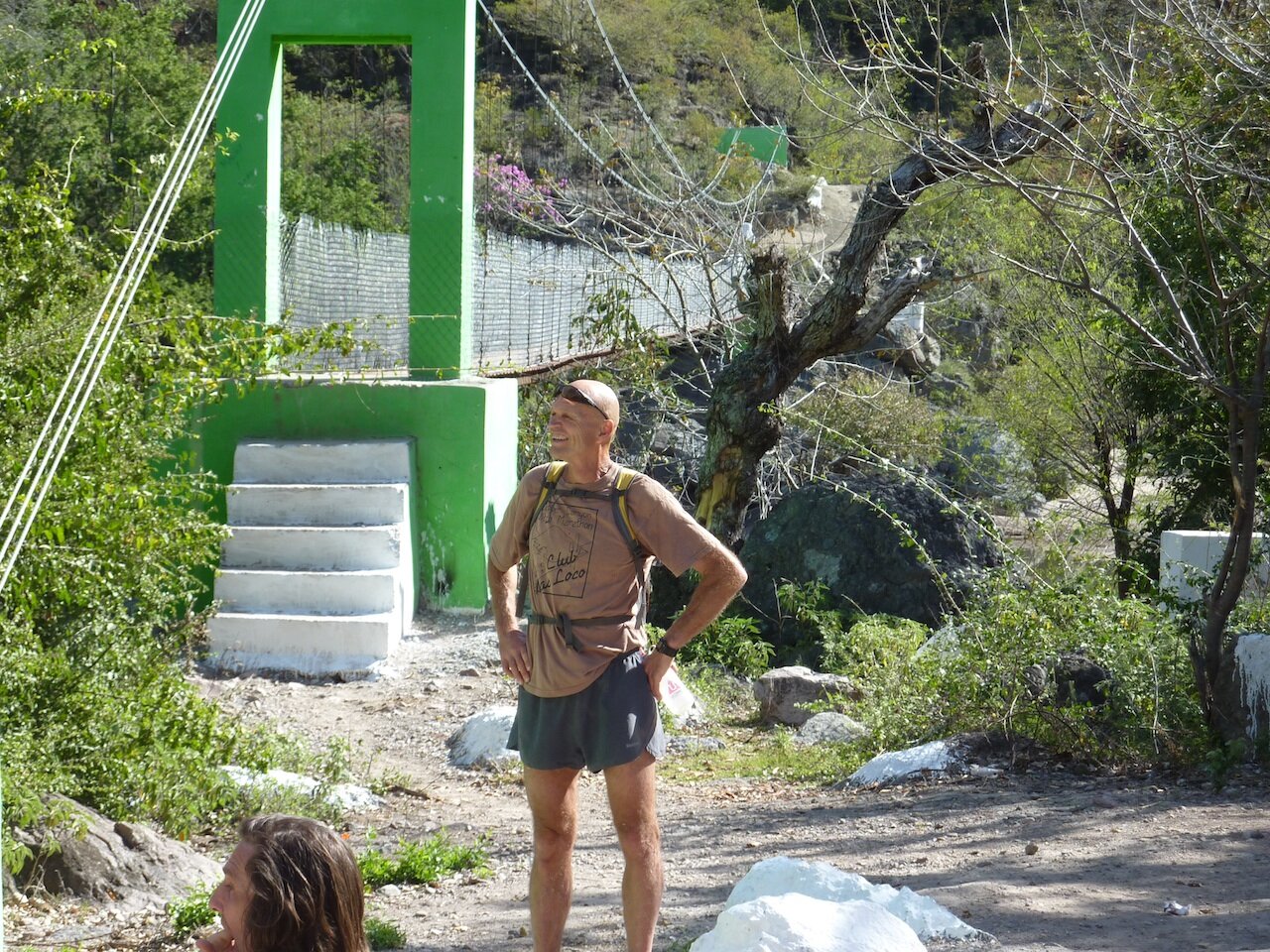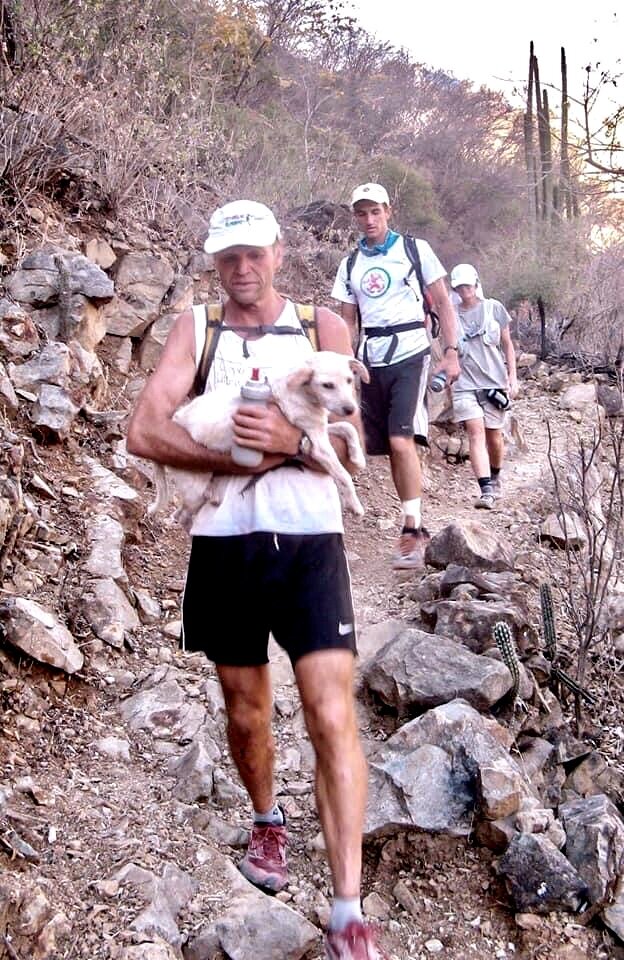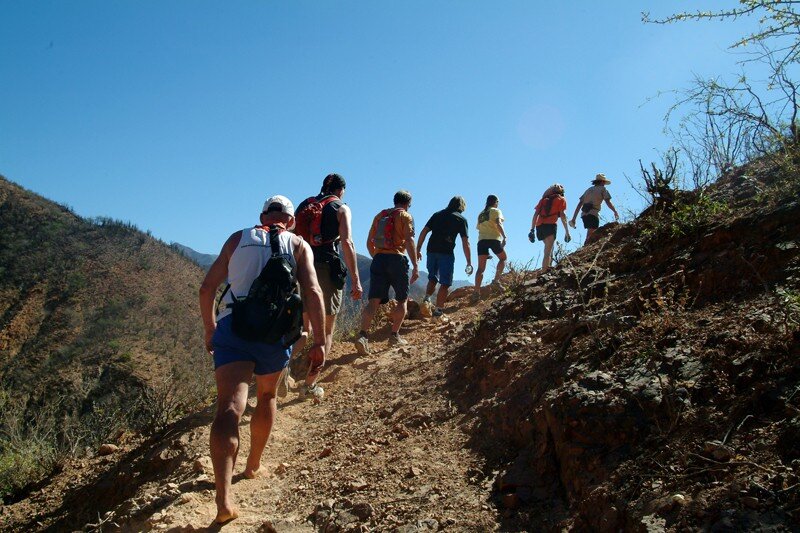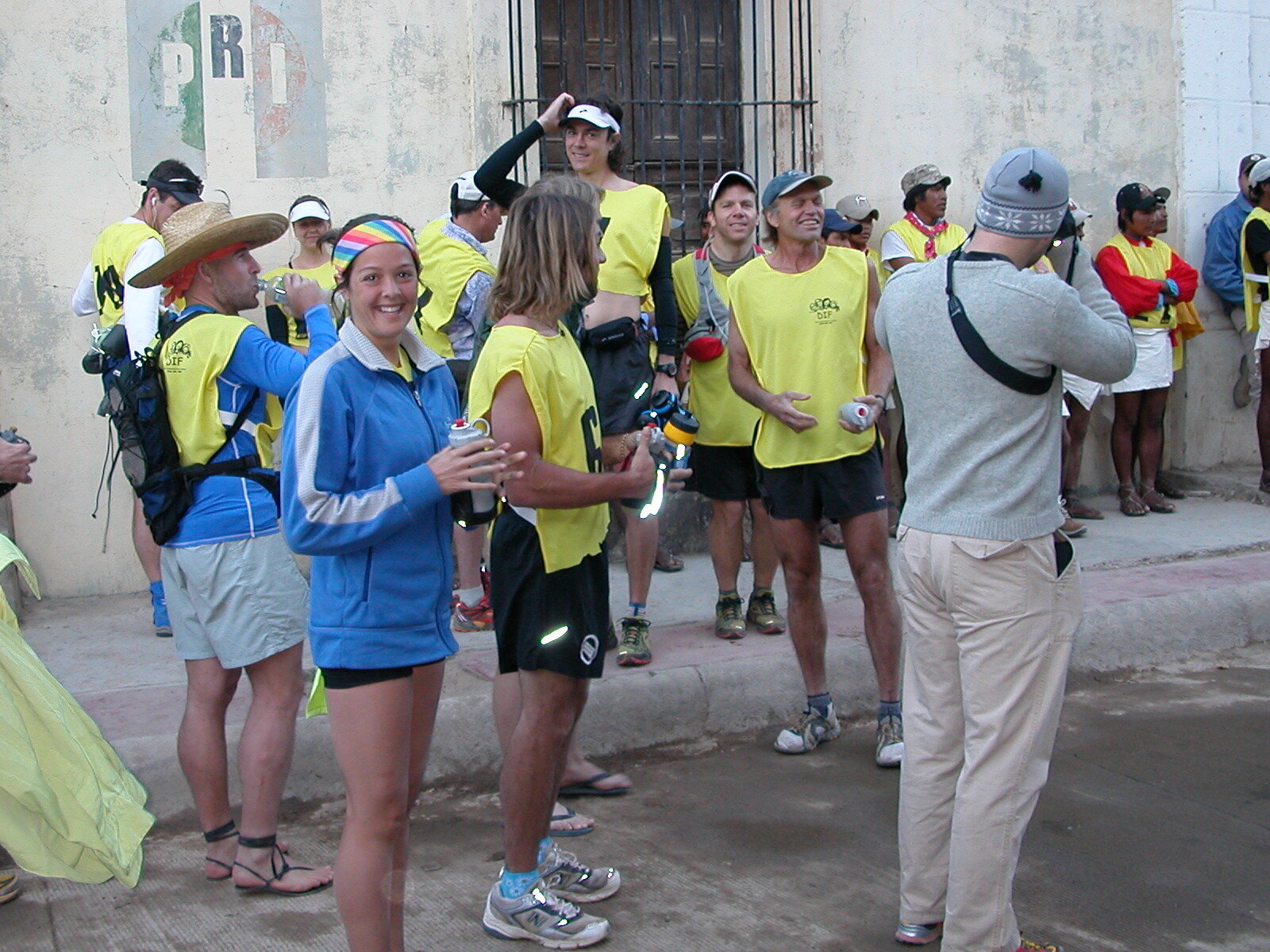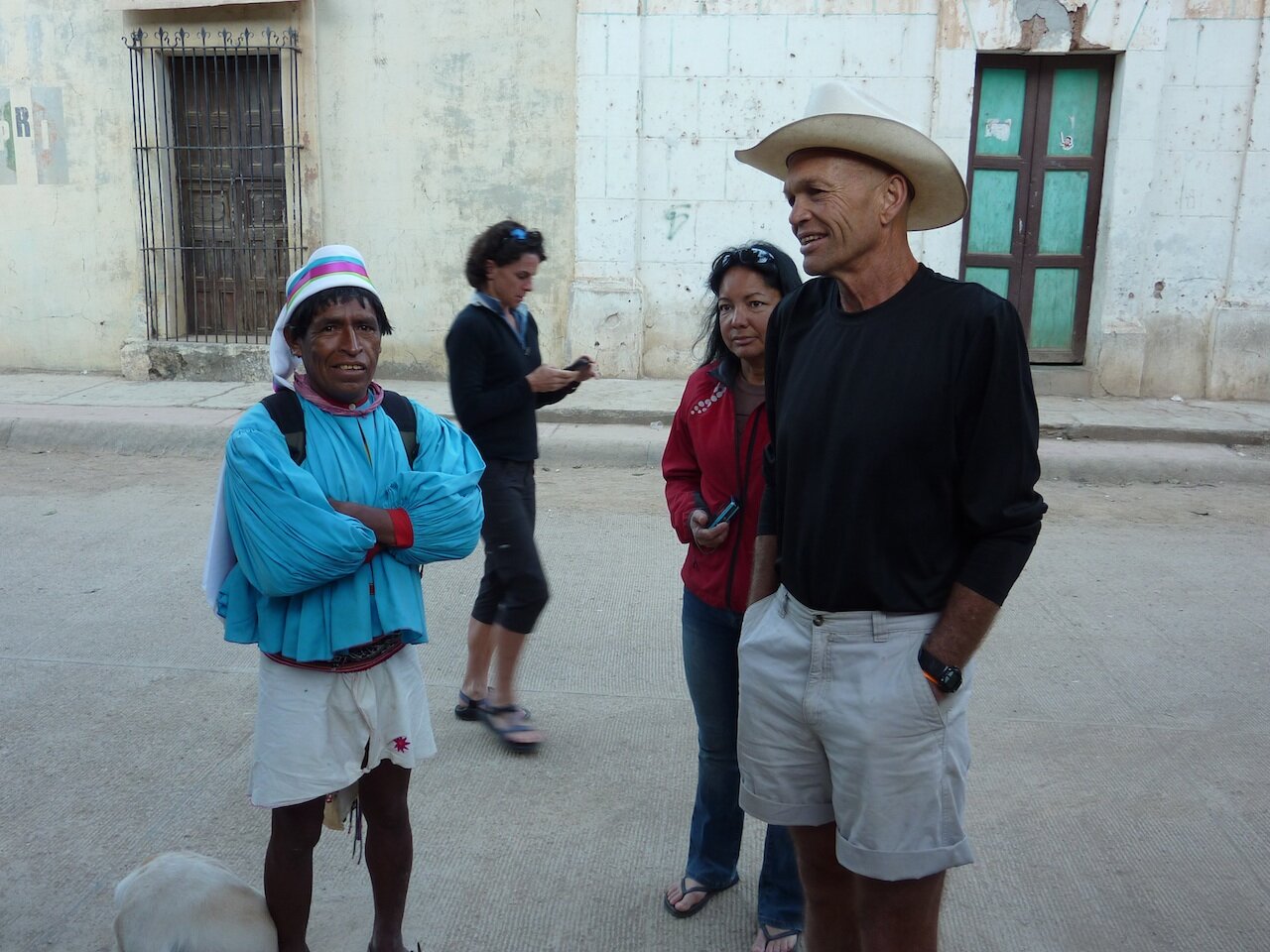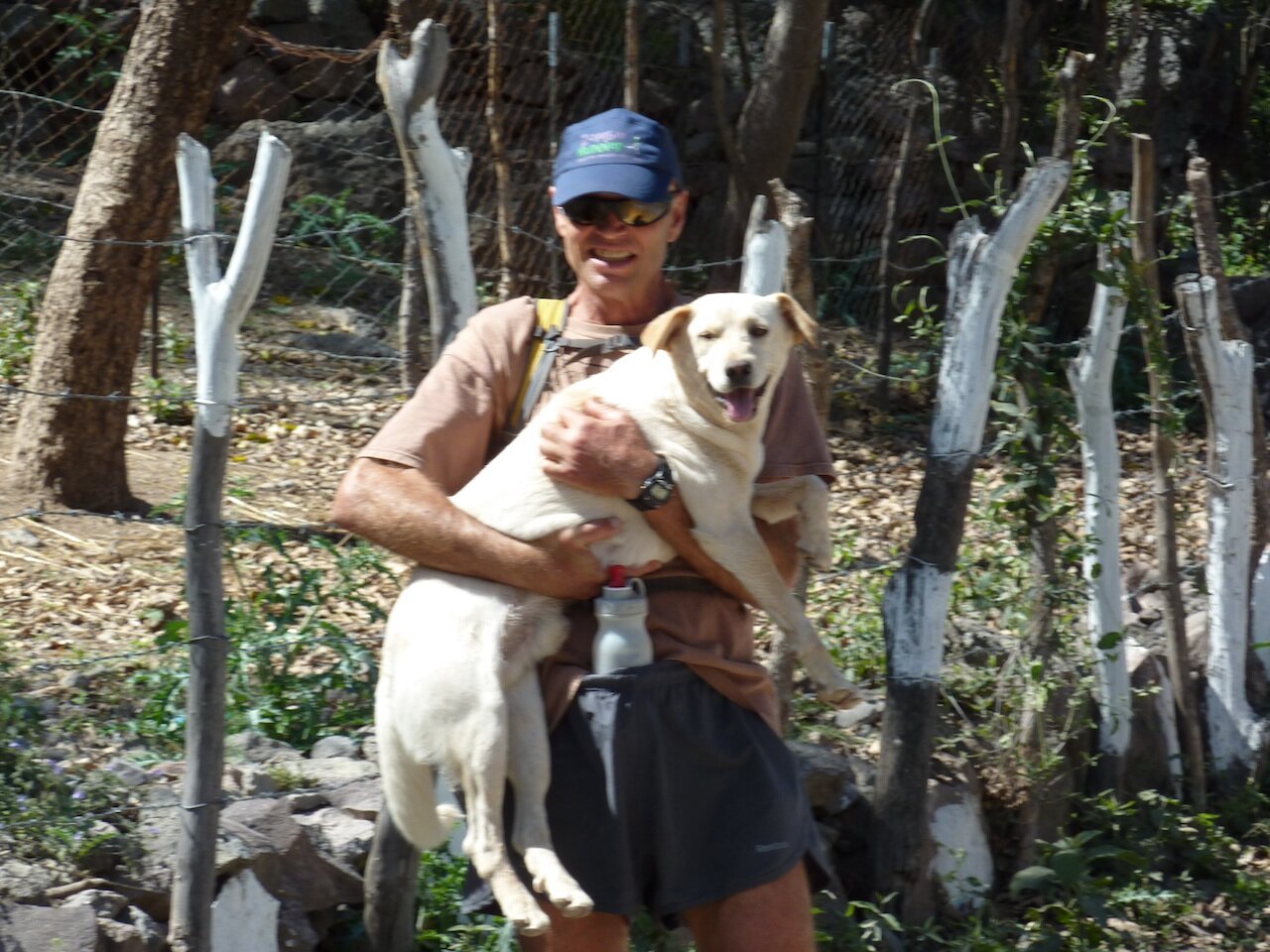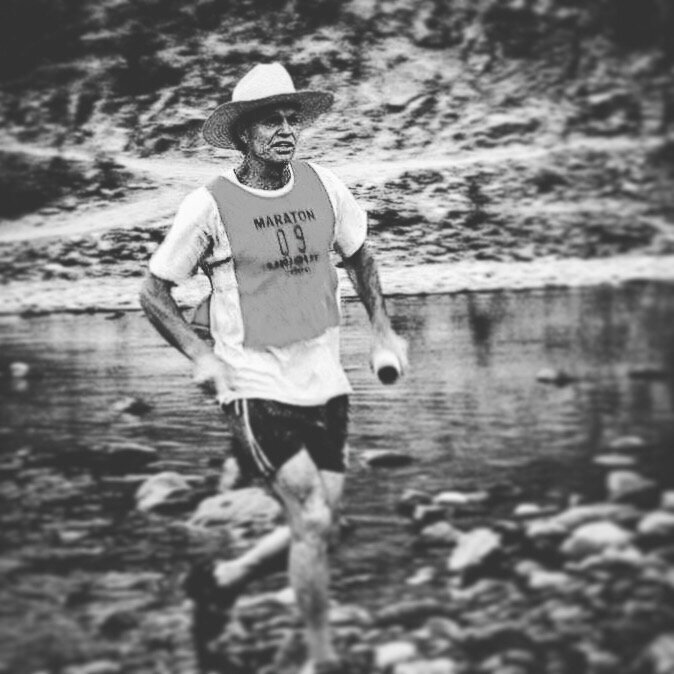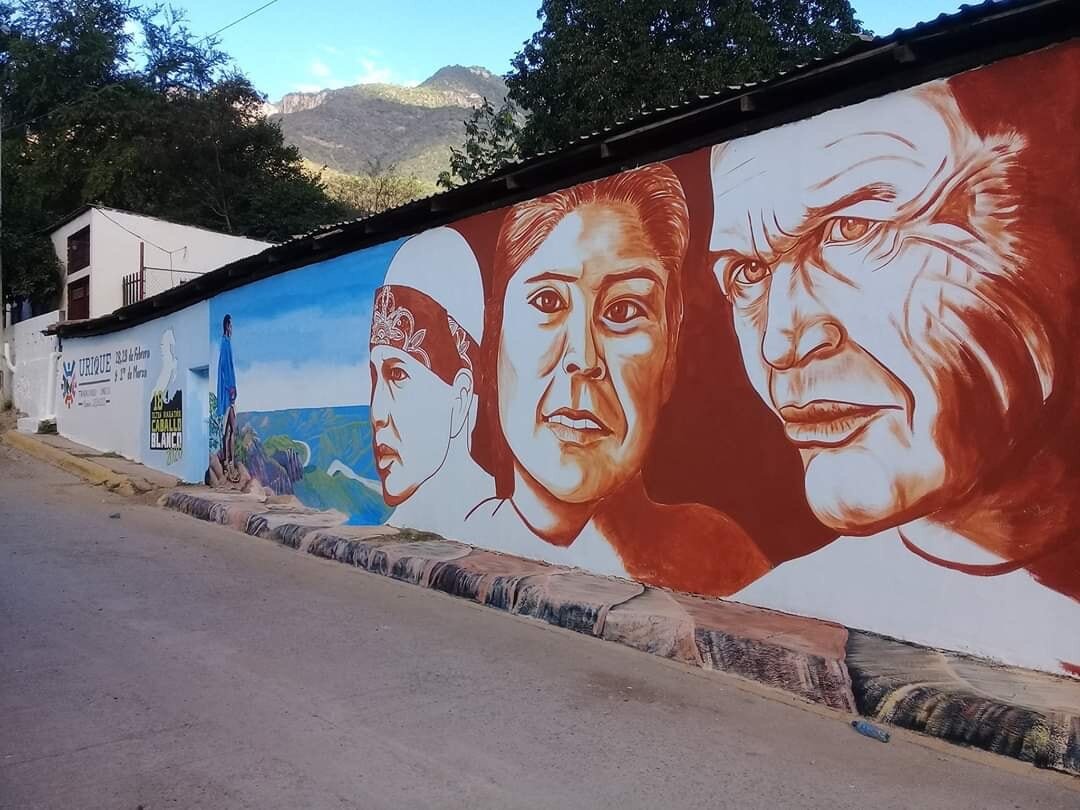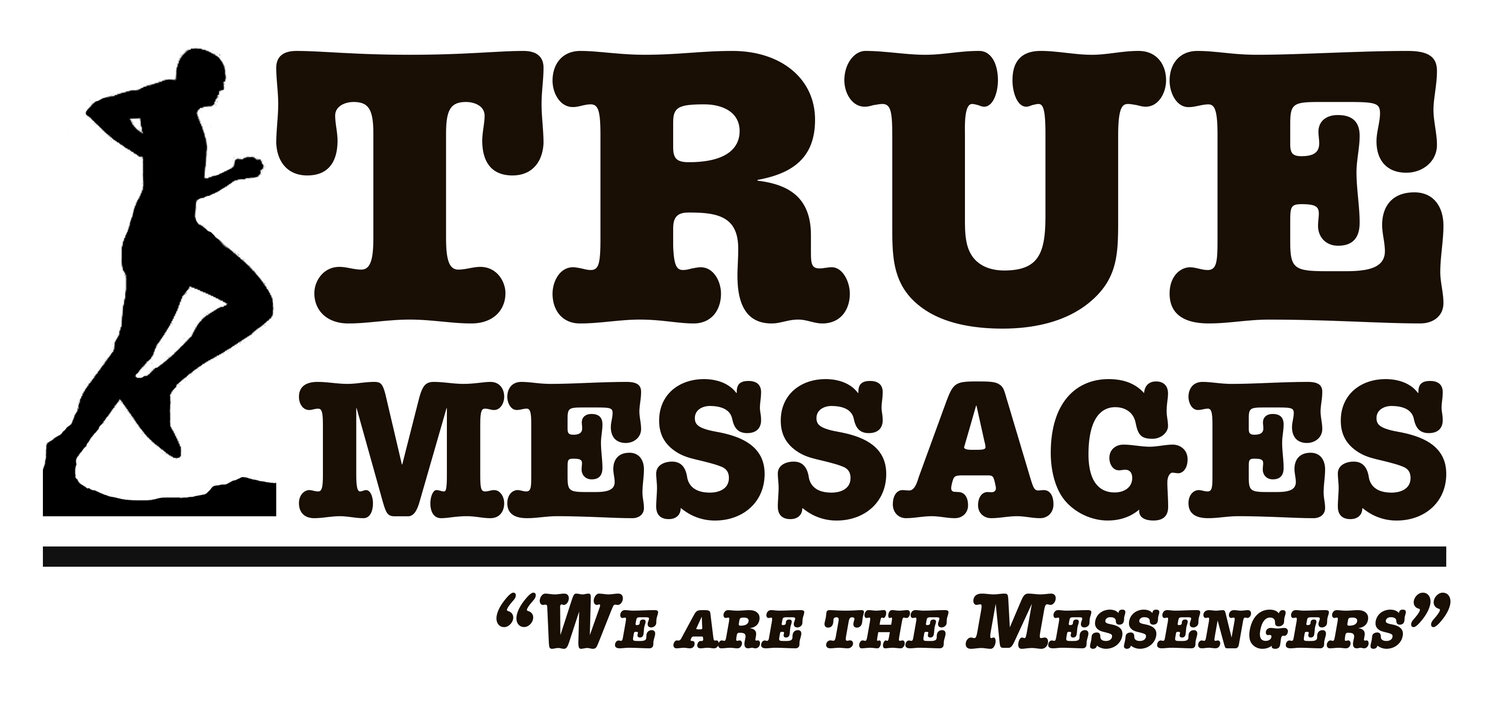Micah True
Maybe the best biography for Micah we could share is his own words:
"Caballo is no hero. Not a great anything. Just a horse of a little different color, dancing to the beat of a peaceful drum, and wanting to make a little difference in some lives. If I were to be remembered for anything, is that I am/was authentic and real. No Mas. Run Free!” Micah True, January 2012
Our name ‘True Messages’ of course pays homage to Micah’s chosen surname but it also is representative of many of the fundamental truths of humanity and our relationship with one another and with the natural earth that his life embodied and his words so often perfectly articulated.
Without question his approach to a simple and generous life deeply connected to the earth and all it provides, was greatly influenced by his reverence and respect for the culture and wisdoms of the First Nations Indigenous peoples of the America’s. In the mid 1990’s this connection led Micah to venture down to the majestic Sierra Tarahumara, a series of Canyons in the Sierra Madre Occidental that is deeper and wider than the Grand Canyon of the United States.
The Barrancas del Cobre (Copper Canyons) are also home to the Raramuri (Tarahumara) peoples, who are known and widely recognized for the importance that endurance running games and events have played within their culture for countless generations. Having had a chance to meet a few Tarahumara runners years earlier, it was perhaps his desire to further know their peoples and their ways that led Micah to the Barrancas, but within the harsh and rugged landscape, and the challenges brought about simply based on the remoteness, he found much more. He found a way to give back, a way to share all the blessings that running in nature had provided him. He found Korima.
His Passion
Micah’s relationships with the Raramuri and local National community and the beautiful trails brought him great joy. More than just the running aspect, many wisdoms of the Raramuri culture aligned with what Micah’s viewed as a path to a happy and fulfilling life: live simply, share, run, and respect the earth and one another.
As his time running the lands and his friendships expanded, he also came to know more specifically of the many challenges that the Raramuri face.
The stunning visual beauty of the Barrancas is also matched by their wealth of Natural Resources. The rugged topography and remoteness had long provided the Tarahumara and the local villages a natural barrier to outside interests and rapid change. But time moves forward, and with it came mining, logging, and tourism. While the encroachment of industry and the ‘modern world’ brought benefits to the region, it also brought new challenges for those seeking to uphold some of the traditions and ways of old.
As they say; nothing is black and white. This was especially true for Micah when he considered the changing infrastructure. Industry required improved old roads, new roads, roads that reached deeper into the Sierra and down into the Canyons. The new and improved roads provided great benefit to the communities. For the Tarahumara in some cases it made it possible to save days on required journeys, or made possible trips that previously were simply not viable. But it also meant that many travels that were once on foot, running or hiking great distances over the Sierra, was now being replaced by riding in the back of a pickup or in a bus seat.
There are those that romanticize about the Raramuri being ‘left alone’ and desire they would perhaps always maintain traditional ways and not be exposed or have access to the modern world. This is not how we feel, nor we are sure how Micah felt. If they desire to move to the cities, wear shoes, dress in jeans, and have a cell phone with Facebook that is great. If they prefer to continue sustenance farming and maintain the traditional ways of their ancestors that is also great. “It is not what we want for them, but what they want for themselves”. However, what concerned Micah was that the modern times had lessened the opportunities to continue with some of these great traditions – importantly, the traditions of endurance running.
Then he saw it. A way to share. An opportunity for Korima. A way to give back to all the blessings that running had provided in his life, and also support these wonderful peoples. He would create an event, an endurance running race that paid homage to the ‘running peoples (as they call themselves). It would be an opportunity to run a great distance and participate in competition like the Rarajipari games they enjoyed greatly and were so important culturally. It would also provide a platform for supporting all Tarahumara corredores by providing food stuffs (maize) for all participants, and significant cash prizes for the fastest and most motivated of the great runners.
With the help of some close local friends he had made, he started the Copper Canyon Ultra Marathon in 2003. From here, many of course know the story: Wanting to expose more folks to the people and lands he had come to love, Micah convinced a few of the World’s greatest endurance runners to venture on down and participate in the race. In 2006 the runners included Christopher McDougall who ended up writing the NY Times bestselling book ‘Born to Run….” which in major part shared his experiences in the Barrancas that year and introduced millions of readers to the Tarahumara, the Copper Canyons, and ‘el Caballo Blanco’ the mythical White Horse.
After the book came out Micah became somewhat of a reluctant inspiration to countless fans of Born to Run. While he greatly appreciated that the book had introduced the race and the Tarahumara to so many who would further explore the beauty of the lands, he was not too comfortable with the perceived ‘mythical man’ or ‘lone wolf’ perceptions many had taken away.
“I just want to live a healthy life, live and love, to do what I can with whatever I am blessed with. I have no material goals of being wealthy. I feel I am already wealthy in the ways I care about.” Micah True
After some time he grew more comfortable with all the attention, while still somewhat a reluctant voice, he realized the platform he now had could do some really great things for the Raramuri peoples. Even though so many came to know of ‘Caballo Blanco’, it did not change Micah. He remained a simple man, committed to the message of love, kindness, Korima, and peace. For all he has done and for all he started we are most grateful. Micah is no longer with us, but his ‘Messages’ will be with us forever, and we will continue to share them, as, we are the Messengers.
Agua es mi Sangre - Water is my Blood
Aire es mi Aliento - Air is my Breath
Fuego es mi Espiritu - Fire is my Spirit
Tierra es mi Cuerpo - Earth is my Body
A Raramuri Prayer

